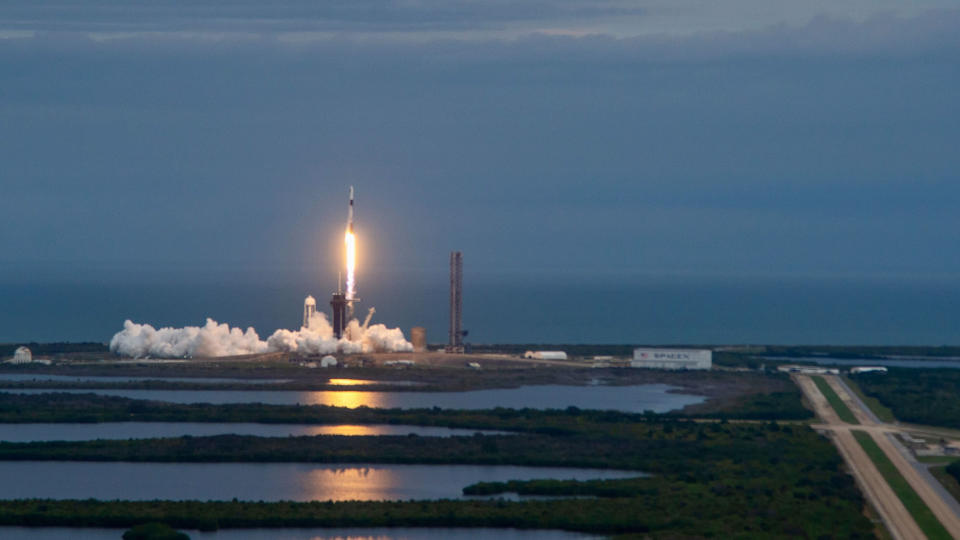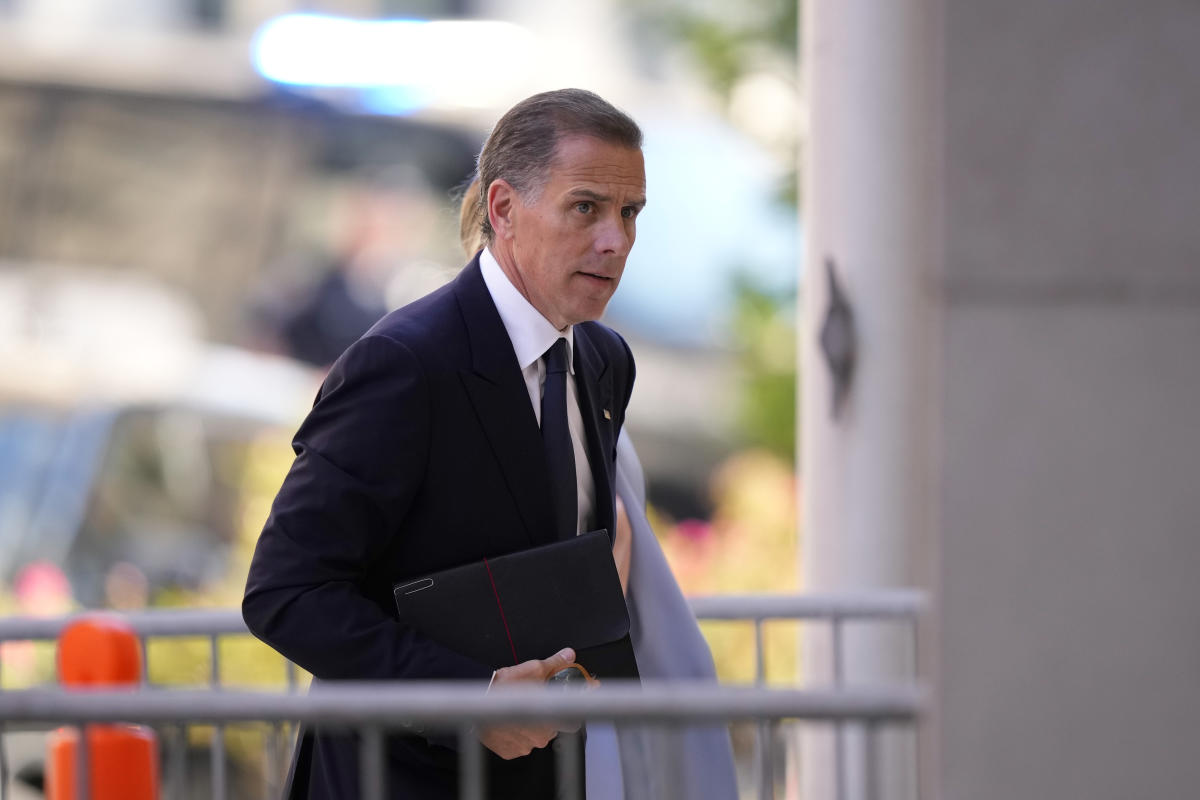Although Berkshire Hathaway (NYSE: BRK.A)(NYSE: BRK.B) CEO Warren Buffett is just as fallible as every other investor, you wouldn’t know it by comparing the aggregate return of his company’s Class A shares (BRK.A) to the benchmark S&P 500 over a period spanning nearly six decades.
Since the “Oracle of Omaha” took over as CEO in the mid-1960s, he’s overseen just shy of a 5,000,000% aggregate return, which compares quite favorably to the nearly 35,000% total return, including dividends, delivered by the S&P 500 over the same span. An outperformance of this magnitude has made Buffett a popular investor to emulate on Wall Street.
Based on Berkshire Hathaway’s latest Form 13F filing with the Securities and Exchange Commission, along with admissions made by Buffett during his company’s annual shareholder meeting last month, he and his top investment aides, Ted Weschler and Todd Combs, are overseeing 44 stocks and two exchange-traded funds in the company’s $375 billion portfolio. But not all 44 of these stocks are created equally.
While many of the companies Buffett invests in have a tendency to rise in value over the long run, some are far more attractive than others right now. What follows are three Warren Buffett stocks that stand out as screaming buys for June (and well beyond).
Mastercard
The first amazing Warren Buffett stock that long-term investors aren’t going to regret adding to their portfolios in June is payment-processing goliath Mastercard (NYSE: MA).
The biggest headwind Mastercard contends with (which is also a major catalyst) is that it’s cyclical. Virtually all financial stocks ebb-and-flow with the health of the U.S. and/or global economy. If select predictive indicators or money-based metrics are accurate in signaling a coming recession, consumer and enterprise spending would be expected to decline.
But here’s the thing: economic cycles aren’t linear. Whereas three-quarters of the 12 U.S. recessions since World War II were resolved in under a year, most periods of growth last multiple years. When the U.S. and global economy are growing, Mastercard tends to enjoy disproportionately long expansions.
Although some its payment-processing peers also lend, such as Berkshire Hathaway holding American Express, Mastercard has avoided this temptation. While the argument can be made that management is leaving interest income on the table, the counter is that Mastercard isn’t directly impacted by credit delinquencies and loan losses when economic contractions occur. This decision by Mastercard’s management to remain focused on payment facilitation has kept its profit margin steadily above 40%.
On an operating basis, Mastercard has nothing short of a multidecade opportunity to expand its payment infrastructure into chronically underbanked emerging markets. During the March quarter, currency-neutral cross-border volume surged 18%, which speaks to the opportunity that awaits Mastercard in regions like Africa, the Middle East, and Southeastern Asia, where credit card usage and digital payments are still in their relative infancy.
While Mastercard’s forward price-to-earnings (P/E) ratio of 27 might look a bit pricey on the surface, this is a company Wall Street analysts expect to grow its earnings by nearly 20% on an annualized basis over the next five years. Further, its forward P/E ratio of 27 actually represents a 20% discount to its average forward-earnings multiple over the trailing-five-year period.
Sirius XM Holdings
A second no-brainer Warren Buffett stock that’s begging to be bought in June by patient investors is satellite-radio operator Sirius XM Holdings (NASDAQ: SIRI).
Like Mastercard, Sirius XM is also cyclical. Its concerns have to do with advertisers pairing back their spending during periods of uncertainty, as well as consumers purchasing fewer new vehicles.
Sirius XM relies on promotional users via new vehicle purchases becoming self-pay subscribers. When U.S. economic growth slows or shifts into reverse, the company’s subscriber count can decline. A challenging environment for U.S. auto sales did contribute to a modest decrease in the company’s satellite radio subscriber count during the March-ended quarter.
While subscriber declines aren’t the desired result, Sirius XM has a couple of well-defined competitive advantages blowing in its sails.
To start with, it’s the only licensed satellite-radio operator. This means Sirius XM can increase subscription prices at a rate that outpaces inflation, and will typically not lose many of its subscribers in the process.
Another clear-cut advantage is how Sirius XM generates its revenue. Most terrestrial and online radio providers are heavily reliant on advertising for their sales. As noted, ad spending can quickly dry up during periods of economic uncertainty. In the March quarter, Sirius XM generated only around 19% of its sales from ads.
By comparison, close to 78% of its revenue came from subscriptions. Subscribers to the platform are less likely to cancel their service than businesses are to pare back their ad spending. This positions Sirius to excel in virtually any economic climate.
It’s also worth noting that Sirius XM has a couple of expense categories that don’t change much from one year to the next, such as cost of equipment and transmission. Sirius can add millions of users without these costs expanding.
Following its recent rough patch, Sirius XM stock is nearing a 4% dividend yield and is valued at its lowest forward P/E ratio (less than 9) since becoming a public company.

Chevron
The third Warren Buffett stock that makes for a screaming buy in June, and beyond, is energy colossus Chevron (NYSE: CVX).
Why not make it a trifecta? Like Mastercard and Sirius XM, the health of the U.S. and global economy is the single biggest threat to Chevron’s success. If economic activity slows, demand for energy commodities like oil and natural gas tends to wane, too. Thankfully, energy majors like Chevron usually benefit from lengthy economic expansions.
There’s another macro factor absolutely working in Chevron’s favor. For roughly three years during the height of the COVID-19 pandemic, global energy companies, which includes Chevron, were forced to significantly cut back their capital spending. Even though most global energy majors are back to traditional annual spending levels, the supply of crude oil remains constrained globally. As a result, the spot price for crude oil has been given a hearty lift.
Chevron is also in the process of acquiring Hess in an all-share deal valued at $53 billion. Assuming the deal gets the green light to close, Chevron is going to receive 465,000 net acres of oil-rich land in the Bakken Shale, boost its presence in the Gulf of Mexico, and meaningfully increase its oil-equivalent production in Guyana. It the spot price of crude remains elevated, Chevron’s high-margin drilling segment is going to shine.
Something else investors would be smart not to overlook is that Chevron is an integrated energy company. Though it generates a lot of its profit from its upstream (drilling) segment, it also owns transmission pipelines, chemical plants, and refineries. In the event that the spot price of crude oil declines, these other operating segments act as hedges and/or generators of predictable cash flow.
Chevron has an impressive capital-return program, too. Its board OK’d a $75 billion share repurchase program early last year, and the company has raised its base annual payout for 37 consecutive years. Chevron’s yield is currently north of 4%.
The final piece of the puzzle is that Chevron’s valuation makes sense. Its forward P/E of roughly 11 sits 22% below its average forward-earnings multiple over the last five years.
Should you invest $1,000 in Mastercard right now?
Before you buy stock in Mastercard, consider this:
The Motley Fool Stock Advisor analyst team just identified what they believe are the 10 best stocks for investors to buy now… and Mastercard wasn’t one of them. The 10 stocks that made the cut could produce monster returns in the coming years.
Consider when Nvidia made this list on April 15, 2005… if you invested $1,000 at the time of our recommendation, you’d have $671,728!*
Stock Advisor provides investors with an easy-to-follow blueprint for success, including guidance on building a portfolio, regular updates from analysts, and two new stock picks each month. The Stock Advisor service has more than quadrupled the return of S&P 500 since 2002*.
*Stock Advisor returns as of May 28, 2024
American Express is an advertising partner of The Ascent, a Motley Fool company. Sean Williams has positions in Mastercard and Sirius XM. The Motley Fool has positions in and recommends Berkshire Hathaway, Chevron, and Mastercard. The Motley Fool recommends the following options: long January 2025 $370 calls on Mastercard and short January 2025 $380 calls on Mastercard. The Motley Fool has a disclosure policy.
3 Warren Buffett Stocks That Are Screaming Buys in June (and Beyond) was originally published by The Motley Fool
Signup bonus from





